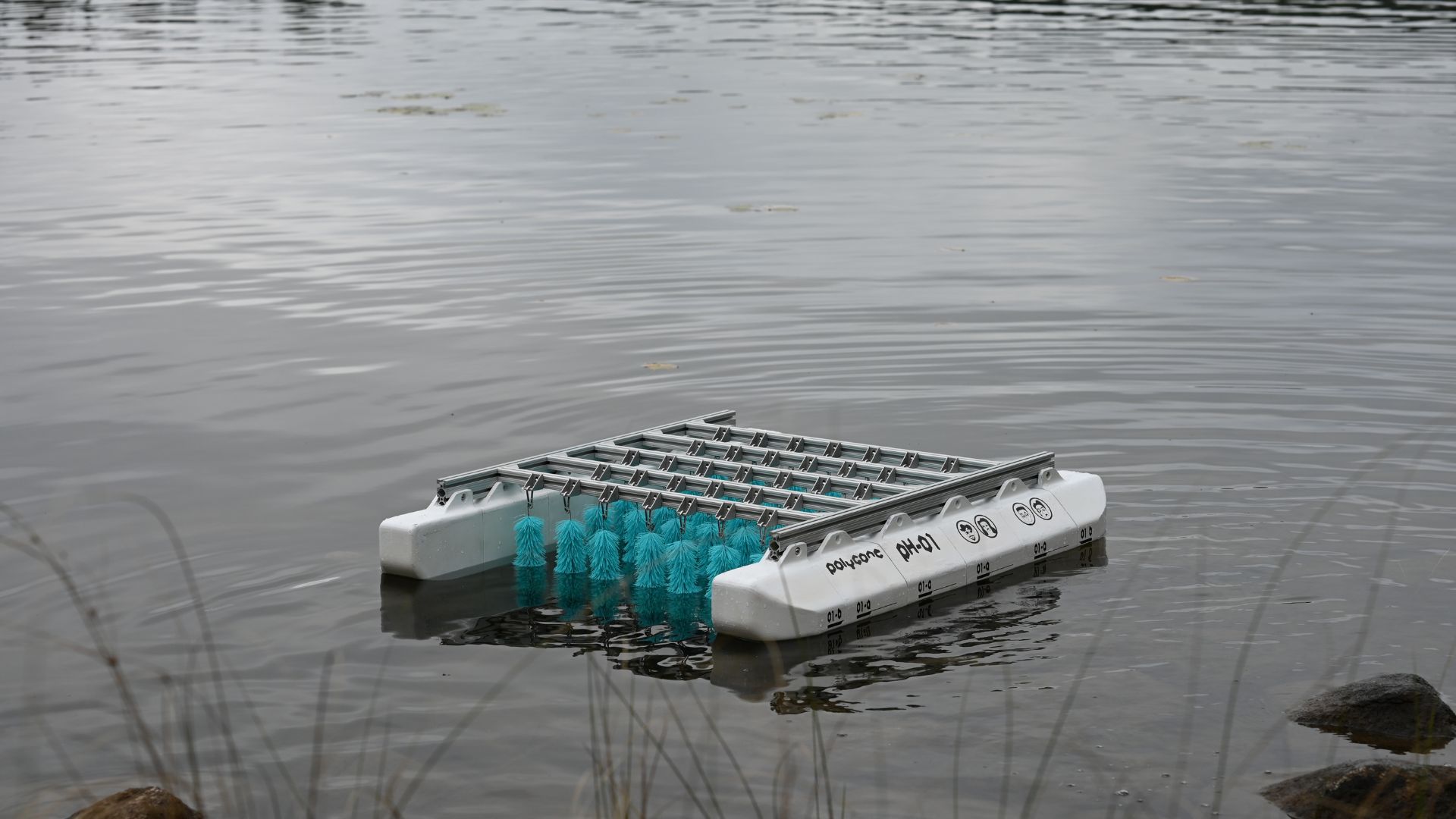Microplastics represent one of the greatest environmental challenges of our time. These tiny plastic particles, less than 5 millimeters in size, have spread across the planet, contaminating oceans, rivers, soil and even the air we breathe. They have been detected in almost every water body and result from direct production, such as from products like toothpaste, and secondary production, due to the decomposition of larger objects.
Their effects are diverse: from contamination of the food chain through ingestion of microplastics by fish, to damage to aquatic wildlife, given that ingestion of microplastics can cause intestinal obstruction, malnutrition, and death in marine animals. The effect of these particles is as damaging to ecosystems as it is to human health: a study by the University of Amsterdam detected them in human blood. It has been assessed that these pose a serious health threat. Ingestion of microplastics is associated with respiratory problems, inflammation and potential damage to internal organs.
Through a dedicated directive, the European Union is taking action to limit the issue, and in early 2024 the EU defined criteria and measurement methods for microplastics to limit their release into the environment.
The situation calls for prompt action on multiple fronts; Sea the Change enables companies and land reclamation authorities to take concrete action against the issue.
Sea the Change is the sole European distributor of Plastic Hunter. This device captures different types of microplastics (PP, PE, PS, LDPE, HDPE) ranging in size from 20 µm to 1 mm with a 74% pollutant removal rate in isolated flow environments within 24 hours. Plastic Hunter was designed and patented by PolyGone, an American startup founded at Princeton University, and has received numerous international awards.
We propose a 6-month POC (Proof Of Concept) in the watershed chosen by the client (sea, rivers, lakes, reservoirs). A specialized technician from Sea the Change will take charge of the cleaning and microplastic removal activities twice weekly. We ensure the carrying out of environmental KPI analysis through innovative tools and take care of reporting activities to account for the generated impact.









